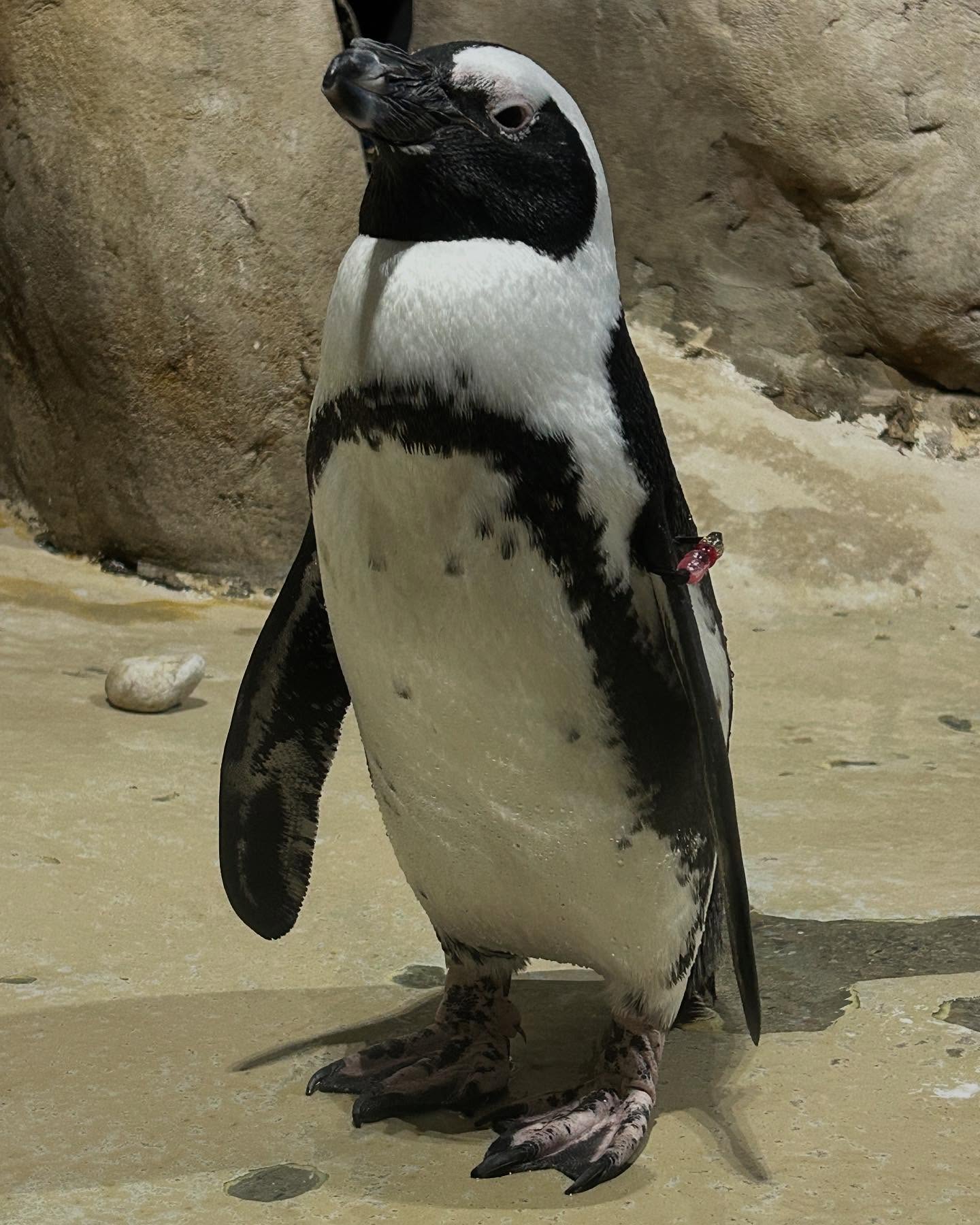- Understanding World Penguin Day: Significance and Celebration
- The Biology and Behavior of Penguins
- Penguin Conservation and Challenges
- Zoos and Wildlife Centers in Penguin Preservation
- How Individuals Can Contribute to Penguin Conservation Efforts
Understanding World Penguin Day: Significance and Celebration
World Penguin Day is celebrated on April 25th each year, marking the annual northern migration of the Adélie penguins. This day is dedicated to understanding and appreciating penguins, one of the most beloved birds globally. World Penguin Day also emphasizes the conservation needs of these distinctive avian species and fosters public awareness regarding their environmental challenges. Various establishments such as zoos and aquariums host events to showcase penguins, featuring activities, interactive sessions, and educational talks by zookeepers. Participants engage in learning about penguin species, habitats, and the critical importance of conservation efforts. By hosting such events, these institutions aim to motivate individuals to champion the cause of preserving penguins.
The Biology and Behavior of Penguins
Penguins belong to the family Spheniscidae and are unique among birds for their flightless nature and exceptional swimming capabilities. There are around 18 recognized species, ranging from the large Emperor Penguin to the small Little Blue Penguin. Adapted to life in the ocean, penguins are excellent swimmers, with their wings evolving into strong flippers that help them navigate the ocean efficiently. Their bodies are adapted for streamlined swimming, with a layer of fat and dense feathers ensuring warmth in frigid climates.
Penguins are primarily found in the Southern Hemisphere, with a majority of species inhabiting the coasts of Antarctica and sub-Antarctic islands. Each penguin species has distinct habits and adaptations suitable for its environment. For instance, Emperor Penguins breed during the harsh Antarctic winter, while the Galápagos Penguin lives near the equator. Their diet mainly consists of fish, squid, and krill, which are abundant in their natural habitats.
Penguins are social birds, often forming large colonies during breeding seasons. They exhibit remarkable parental care, with both parents frequently involved in incubation and chick-rearing. Communication within colonies is vital, and penguins use vocalizations and visual displays to interact and maintain pair bonds.
Penguin Conservation and Challenges
Penguin populations face numerous threats, primarily due to human activities and climate change. Habitat loss, pollution, and overfishing significantly impact their populations. The reduction in sea ice due to global warming particularly affects species like the Emperor and Adélie penguins, which rely on ice-covered landscapes for breeding and feeding.
Overfishing leads to a depletion of penguins’ primary food sources, aggravating food scarcity in regions already stressed by environmental change. Oil spills and ocean pollution cause habitat degradation and pose direct threats to penguin health and survival.
Conservation organizations globally focus on monitoring penguin populations, protecting breeding sites, and implementing sustainable fishing practices to safeguard their food resources. The International Union for Conservation of Nature (IUCN) plays a crucial role in assessing the conservation status of penguin species and advocating for protective measures. Local governments and international bodies coordinate efforts to establish marine protected areas that provide safe havens for penguin colonies and their prey.
Zoos and Wildlife Centers in Penguin Preservation
Zoos and wildlife centers are pivotal in penguin conservation through breeding programs and public education. These institutions create environments that mimic natural habitats, allowing penguins to thrive and reproduce under human care. Accredited zoos participate in Species Survival Plans (SSP) to manage captive breeding and maintain genetic diversity, ensuring the long-term sustainability of captive populations.
Moreover, zoological institutions conduct research on penguin behavior, health, and reproduction, contributing vital data to global conservation initiatives. They collaborate with conservation organizations to support in-situ projects and raise awareness of the ecological challenges penguins face. By engaging the public through educational exhibits and interactive experiences, zoos inspire visitors to participate in conservation efforts.
How Individuals Can Contribute to Penguin Conservation Efforts
Individuals play a crucial role in penguin conservation through environmentally conscious behaviors and active participation in conservation programs. Supporting organizations dedicated to wildlife conservation is one meaningful way to contribute. Financial donations and volunteer work are instrumental in assisting these entities to execute crucial projects.
Reducing carbon footprints by conserving energy, using public transportation, and supporting renewable energy initiatives can mitigate the impacts of climate change on penguin habitats. Advocating for sustainable seafood choices helps decrease the pressure on marine ecosystems and ensures a stable food supply for penguins.
Participating in beach clean-ups and other community-based conservation activities can directly benefit penguin habitats by reducing pollution and preserving coastal environments. Education also plays a critical role. By learning about penguins and spreading awareness, individuals can create a more informed public poised to tackle the challenges of penguin conservation.
World Penguin Day serves as a call to action for individuals, organizations, and governments to protect these remarkable birds and their environments. Penguins, with their endearing characteristics and ecological significance, require concerted efforts for their preservation, ensuring they continue to enchant future generations.
*****
Source Description
🐧 World Penguin Day 🐧
Waddle on over this Saturday (4/26) from 11am-4pm for our World Penguin Day celebration! Enjoy crafts, activities, keepers chats, and more all about your favorite feathered friends! All included with general admission.
🐧


